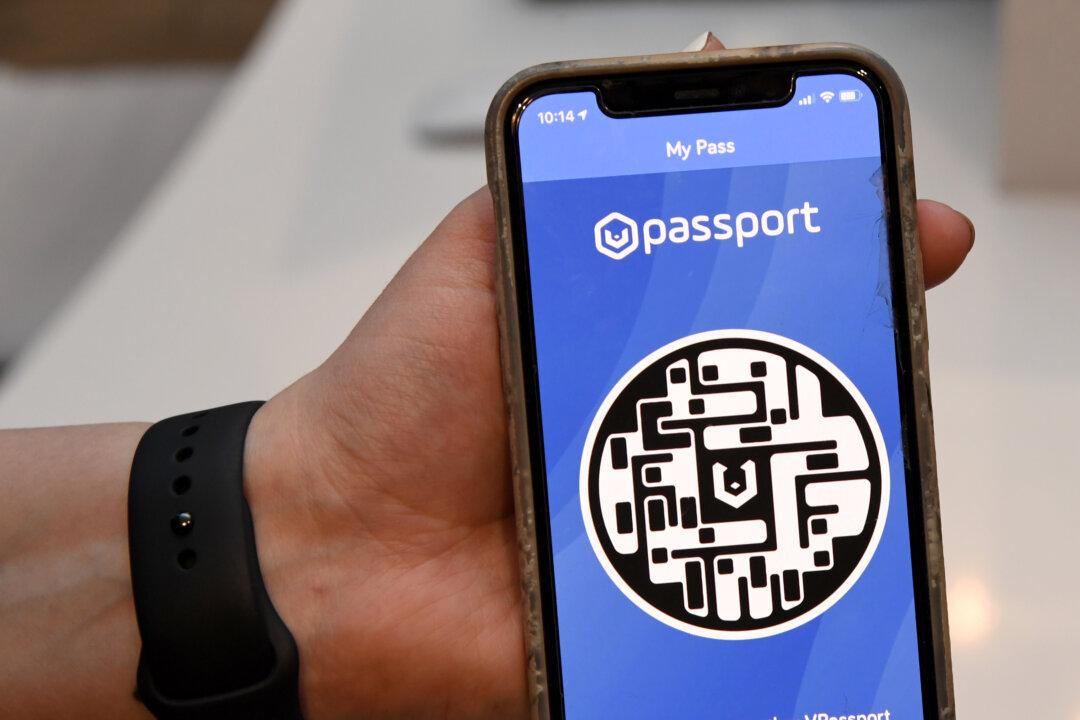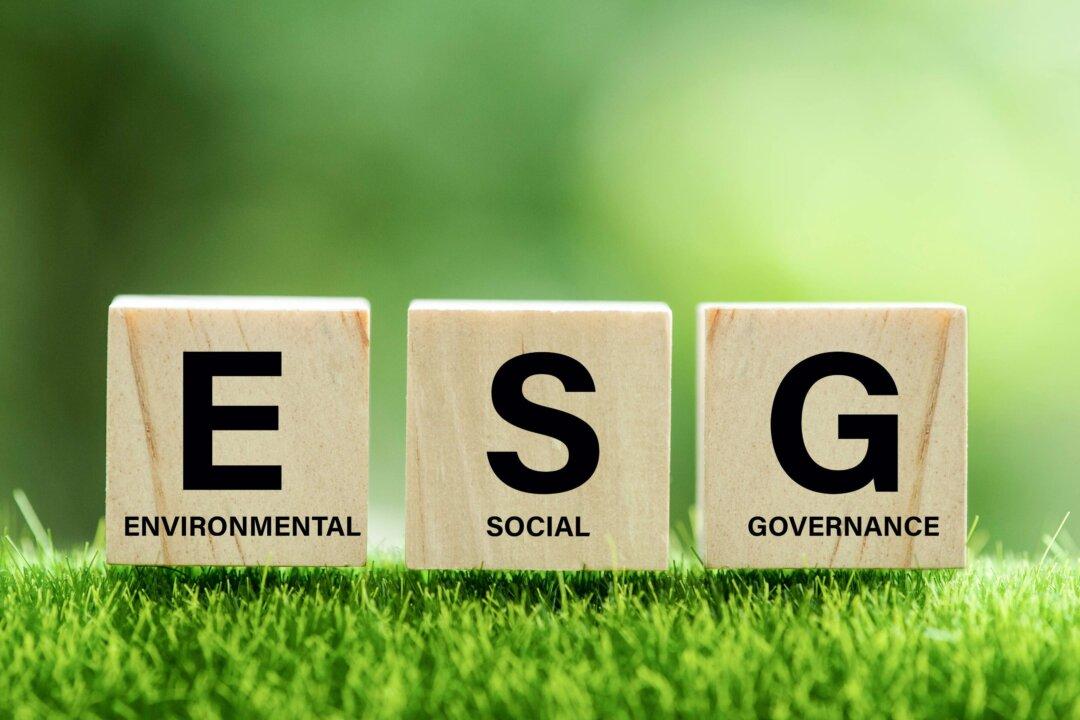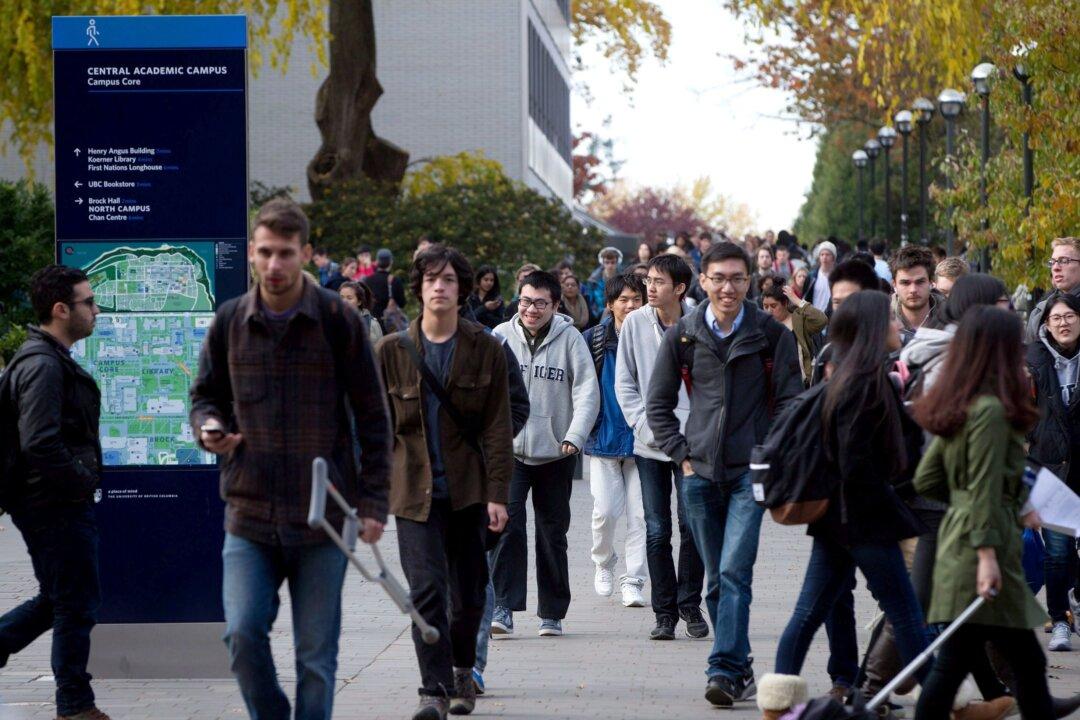Commentary
Vaccination passports certify that holders are immune from the virus causing COVID-19 through vaccination, or the presence of antibodies caused by earlier infection. These passports are widely expected to ease and speed the transition from the current pandemic to normal personal and economic lives but have encountered some public and political opposition.




